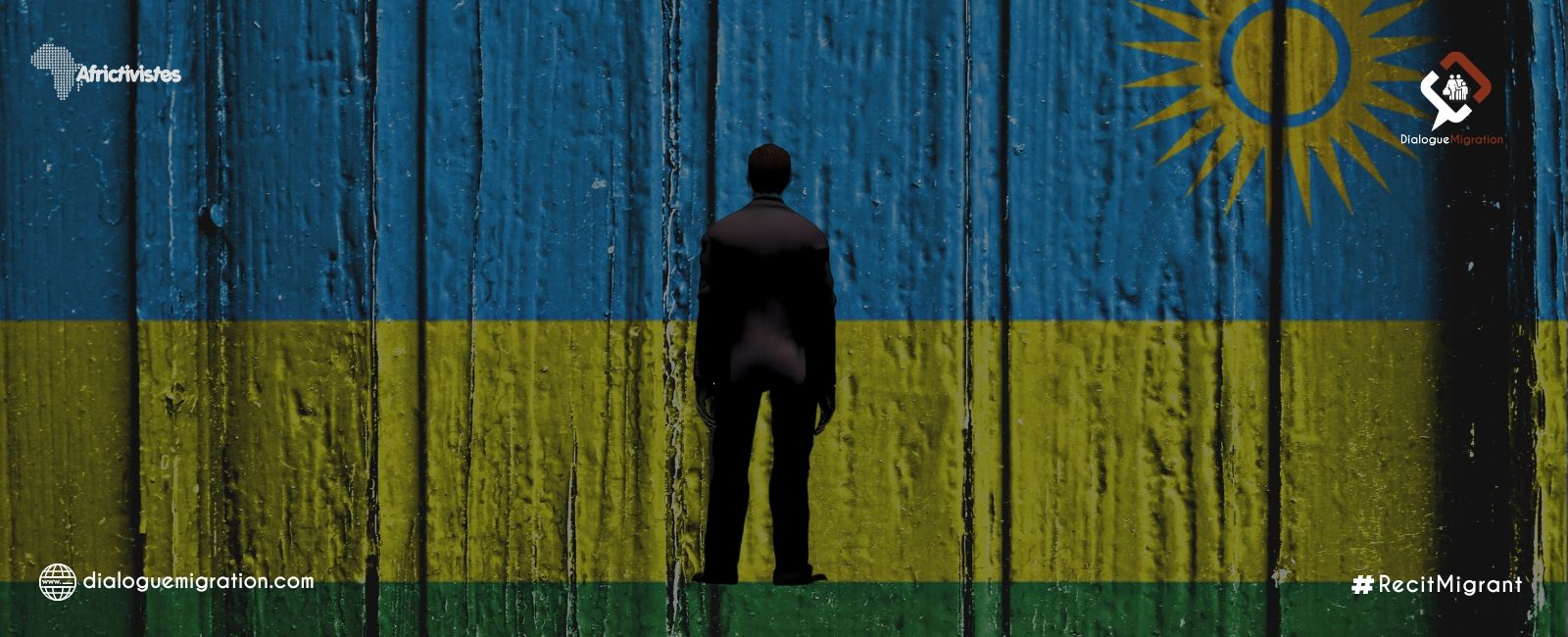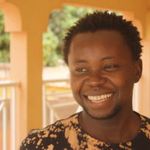

Cyprien Baza, a Rwandan refugee, has lived in Burkina Faso for more than twenty years. Baza, who left his country following the 1994 genocide, says he lost everything. Nearly thirty years later, he still hasn’t heard from his family. Baza, who doesn’t “believe in the future”, tells us about his career.
With a black cap on his head, a white beard and a slender shape, Cyprien Baza left his native Rwanda following the 1994 genocide that killed nearly a million people. He went through the Democratic Republic of Congo, Congo Brazza, Sudan to end his journey in Burkina Faso. And it is since 1999 that he has lived in the Land of upright people.
, He arranged to meet us in the Goughin district of Ouagadougou, opposite the United Nations High Commissioner for Refugees (UNHCR). He was later joined by Nadeem Ahmad, his Pakistani friend, who is also a refugee. “Following the Rwanda problem, I found myself in the DRC and then in Congo Brazza. At that time, there were few countries that agreed to receive Rwandans. That’s how I ended up in Sudan. And it was from Sudan that UNHCR brought me to Burkina Faso,” he recounts his journey. But before Burkina Faso, he continued, he passed through Côte d’Ivoire. He says he was brought to Burkina Faso by UNHCR as part of a pilot resettlement project. But apparently nothing seems to be done in this sensee. He says that he has not benefited from resettlement in another country or from local integration, because according to him, UNHCR refuses to discuss.
Baza points timidly to a tent made of tarpaulin on the other side of the track. This is his “home”. “I’ve been living there for four years and three months,” he said. For him, life seems lost as he has lost everything: “I am alone in the world. I don’t have anyone in Rwanda anymore. I defy anyone to help me find even one member of my family and I will leave. They were killed. If they were alive, I was going to find them. NGOs and even churches helped me look for my family members, but nothing.”
Almost 30 years later, without seeing his country or his family again, Baza is far from nostalgic: “I no longer count on my country. I don’t miss my country.” In any case, in his opinion, he is no longer able to return to his country because his safety is at stake.
Life in the Burkinabe capital is far from rosy for the Rwandan, who says he lives “thanks to passers-by, road users”. “It’s not a life!” he exclaims. He adds: “I am humiliated. I am abandoned.”
From his time in Burkina Faso, Baza says he had two children whose future he is concerned about as a father. “What I have left is death,” he says desperately.
Concluding our encounter, Baza urged people to prioritise dialogue in the face of a problem in order to avoid unfortunate situations. “What happened in Rwanda should inspire other countries, but we don’t learn anything from what is happening elsewhere, as if it can only happen to others,” he said.


